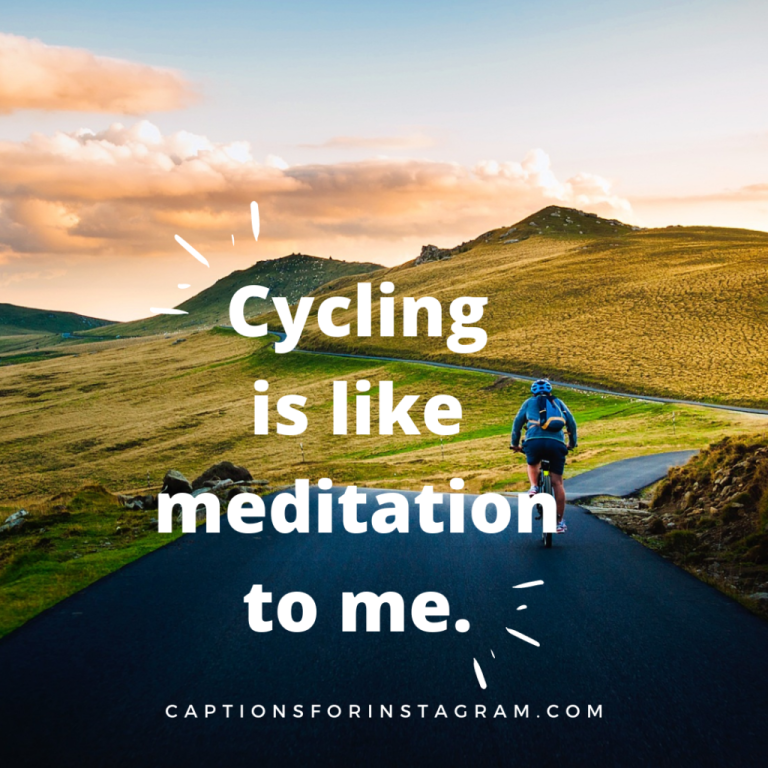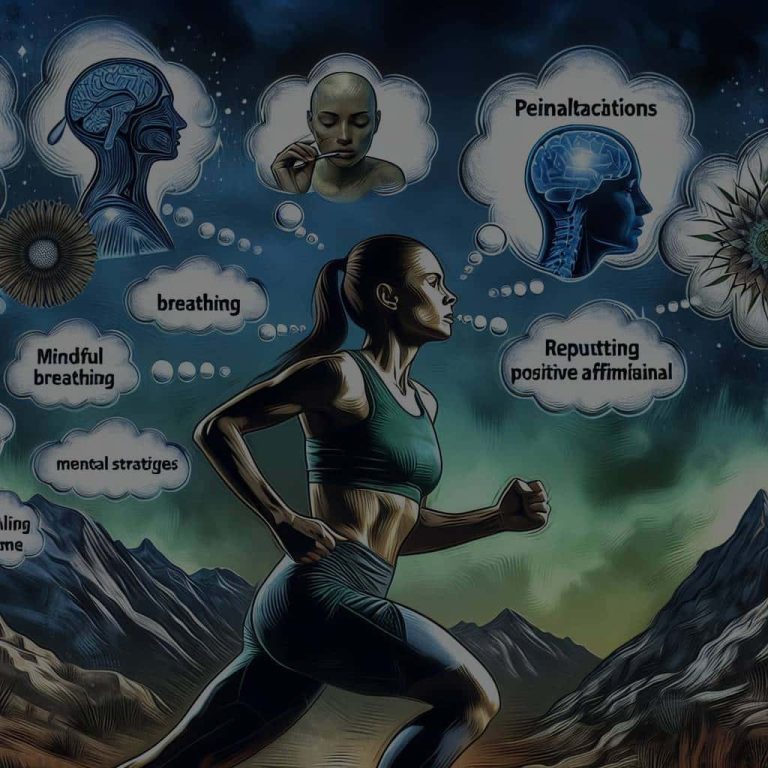The Importance of Sleep for endurance athletes: A Cyclist’s Guide
Introduction
Good sleep is crucial for cyclists aiming to maximize endurance and performance.
Restful nights contribute enormously to Sleep optimization, unlocking the full potential of training efforts.
Both beginners and advanced cyclists should prioritize sleep as part of their regimen, complementing cycling performance metrics and maintaining bike health.
Embracing effective sleep strategies elevates your athletic endeavors, leading to remarkable changes in endurance and joy on the road.
training techniques for Cyclists: The Role of Sleep
Sleep is not just a time for the body to rest; it’s a critical element in recovery and performance enhancement.
For cyclists, incorporating optimized sleep improves endurance training significantly.
During sleep, especially in REM sleep and slow-wave sleep stages, the body undergoes muscle repair and physical restoration.
Implementing power-based training requires an athlete’s body to perform consistently and efficiently, needing profound recovery through adequate sleep.
Best Nutrition Practices for Cyclists
Nutrition and sleep work hand-in-hand to boost a cyclist’s energy levels.
Consuming nutrient-rich foods like complex carbohydrates, lean proteins, and healthy fats enhances sleep quality.
Proper diet supports hormone regulation, such as melatonin, that governs sleep cycles and circadian rhythms.
Energy restoration is vital, and a balanced diet combined with restful sleep reduces fatigue and aids in stress recovery.
Cycling Safety Tips: Mental Resilience via Sleep
Cycling safety doesn’t solely depend on your gear but also your mental resilience.
Sleep deprivation can impair cognitive function, making cyclists prone to accidents.
Ensuring enough sleep strengthens mental resilience, keeping you alert and focused on the road.
Incorporating cycling cadence and performance metrics with an adequate sleep routine enhances overall safety.
How to Choose the Right Cycling Gear
Selecting the right gear is crucial, but ensuring good sleep contributes to the optimal use of this equipment.
Restful nights fine-tune your body’s adaptability, making it easier to adjust to gear changes and terrains.
Well-rested cyclists can better handle physical demands, proving the interconnected benefits of good gear and sleep optimization in biking.

Cycling Cadence and Performance Metrics: Data on Sleep Benefits
Many cyclists focus on cycling cadence and metrics like VO2 Max Improvements to measure performance.
A study links sleep with increased VO2 Max, showing that athletes who sleep well see significant enhancements.
Tracking performance improvements bolster the validity of maintaining effective sleep routines, accentuating greater endurance during rides.
Power-based Training and Mental Resilience
Advanced techniques like power-based training can reach a new peak with adequate sleep.
Sleep cycles facilitate workout recovery, where proper hormone regulation ensures physical and mental readiness.
Cycling with restored energy sustains improved performance, making each ride a chance to challenge yourself further.
Overcoming hurdles becomes natural as mental resilience fortifies, stemming from regular, quality sleep.
Data, Metrics, and Studies: The Science of Sleep for Cyclists
Athletes who sleep optimally portray significant gains in endurance and cognitive abilities.
Studies affirm the benefits of deep and REM sleep in reducing recovery time and increasing stress adaptability.
Monitoring sleep data alongside workout progress metrics provides a holistic view of an athlete’s development.
Such data-driven insights underline how integral a sleep-enhanced routine is for any cyclist aiming at top-tier performance.
User Intent and Benefits: Unlocking Cycling Potential Through Sleep
Cyclists intent on evolving in their sport gain tremendous advantages by focusing on sleep.
From beginners learning techniques to pros optimizing workouts, sleep proves pivotal.
Improved muscle repair and immune function, coupled with fatigue reduction, outline just a few practical benefits.
Optimized sleep directly correlates with heightened athletic performance and minimized stress, carving paths for cycling excellence.
Visual Content Suggestions
Infographics illustrating heart rate zones or charts showing training progress fit well with sleep optimization topics.
Diagrams showcasing sleep cycles and their impact on cycling performance enhance understanding.
Users can visually connect the dots between rest, recovery, and athletic success.

Conclusion
Emphasizing quality sleep as a core component of cycling dynamically boosts an athlete’s potential.
Adopting these strategies enhances both mental and physical endurance, making each ride more gratifying.
Share your experiences or insights, and let collective wisdom fuel your cycling stories.
Keep pedaling forward, powered by the restful drive sleep provides.
FAQs
1. How much sleep do cyclists need for optimal performance?
Cyclists should aim for 7-9 hours of quality sleep to optimize recovery and performance.
2. Can poor sleep impact cycling safety?
Yes, sleep deprivation can affect cognitive function, heightening the risk of accidents.
3. What role does nutrition play in sleep optimization for cyclists?
Proper nutrition supports hormone regulation impacting sleep quality, aiding energy restoration.
4. How does sleep affect muscle repair in cyclists?
During deep sleep, muscle repair occurs, enhancing recovery and endurance.
5. Are there any studies linking sleep with cycling performance improvements?
Several studies show improved VO2 Max and endurance metrics in athletes who maintain a good sleep routine.






